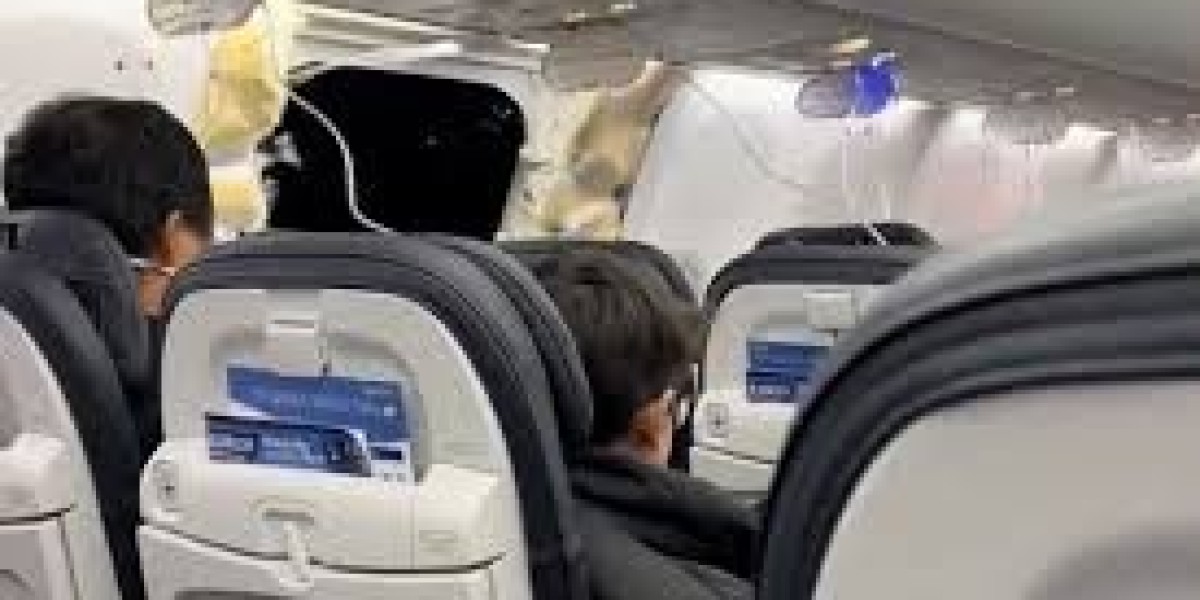Traveling with Allegiant can be an affordable and convenient option for many passengers, but understanding their Allegiant Bag Policy is essential to avoid any unexpected fees. Bag fees can quickly add up, and knowing the ins and outs of the airline's baggage rules will help you pack smarter and travel more efficiently. In this comprehensive guide, we’ll walk you through everything you need to know about the Allegiant Bag Policy, how to pack without exceeding limits, and tips to save on baggage fees for your next trip.
The Basics of Allegiant’s Baggage Allowance
When flying with Allegiant, it’s important to know that they operate as an ultra-low-cost carrier. This means their base fares are often cheaper than those of traditional airlines, but they make up for it with additional fees for things like checked bags, carry-ons, and seat selections. Understanding Allegiant Bag Policy can save you money and ensure that your travel experience is stress-free.
Allegiant Airlines has a straightforward bag policy, but it requires passengers to be proactive when it comes to checking bag sizes, weights, and pricing options. In general, the airline offers two main categories of baggage: carry-on bags and checked bags. Here’s what you need to know:
Carry-On Bags - What You Need to Know
For those who prefer to travel light, Allegiant allows each passenger to bring one personal item onboard free of charge. This personal item must fit under the seat in front of you and typically includes items like a backpack, purse, laptop bag, or small duffle bag. The maximum size for your personal item is 7.5 x 16 x 17 inches.
If you need to bring more items on board or your personal item exceeds the dimensions, you will need to purchase a carry-on bag. Allegiant's carry-on fee typically ranges from $10 to $50, depending on when you purchase it (online in advance or at the airport).
The maximum dimensions for a carry-on bag are 9 x 14 x 22 inches, and the weight limit is typically 35 pounds. It’s important to note that the carry-on bag must fit in the overhead bin, so be sure to check the size before you board.
Checked Bags - Understanding Allegiant’s Fees
For longer trips or if you need to pack more, you may decide to check a bag with Allegiant. The fees for checked luggage can vary depending on when you book and how many bags you plan to check. Typically, Allegiant's checked bag policy allows for one checked bag per passenger, with prices starting around $18 if you book it in advance.
Checked bags must adhere to specific size and weight limits. The maximum weight for a checked bag is 40 pounds, and the dimensions cannot exceed 80 linear inches (length + width + height). If your checked bag exceeds these limits, you may be subject to additional fees or forced to repack.
It’s also important to note that the price increases the closer you get to your flight date. To avoid paying the higher fees at the airport, it’s always a good idea to pre-purchase your checked luggage when booking your flight.
Overweight and Oversized Bags - What Happens If You Exceed the Limit?
No one wants to pay extra fees for oversized luggage, but it’s crucial to be aware of Allegiant's baggage weight and size rules. If your checked bag exceeds 40 pounds, you’ll face additional charges. Generally, you’ll be required to pay a surcharge for overweight bags (over 40 pounds), which can range from $50 to $75, depending on the weight.
Oversized bags are also subject to hefty fees if they exceed 80 linear inches. Bags exceeding this limit are typically charged $75 or more for each oversized bag.
If you plan on bringing something large, like sports equipment or a bulky suitcase, check Allegiant's baggage policy carefully to ensure your items comply with the airline's size restrictions. In some cases, it may be cheaper to ship oversized items separately rather than paying for the extra fees at the airport.
Tips to Avoid Extra Fees and Save on Baggage Costs
Traveling with Allegiant doesn’t have to mean spending a fortune on baggage fees. Here are some practical tips to help you minimize the costs associated with checking bags and carrying on luggage:
- Pack Smartly: Be strategic with your packing. You can often fit everything you need into a single carry-on bag if you plan your wardrobe and use packing cubes to maximize space.
- Purchase Baggage Early: Booking your baggage in advance can save you up to 50% compared to purchasing it at the airport. Plan ahead and add your bags when booking your flight.
- Use a Personal Item: Make the most of your free personal item allowance. A backpack or small duffle bag can carry most of your essentials, avoiding the need for an additional carry-on.
- Double-Check Bag Size and Weight: Before heading to the airport, measure and weigh your luggage to avoid any surprises at the check-in counter.
- Avoid Overweight Bags: Keep your checked bags under 40 pounds to avoid additional fees. Weigh your bags at home or use a portable luggage scale to ensure you’re within the weight limits.
Special Items - What’s Allowed and What’s Not?
In addition to regular carry-ons and checked bags, Allegiant has specific rules for special items such as sports equipment, musical instruments, and pets. If you plan to bring any of these items, make sure you check the specific guidelines for each.
- Sports Equipment: Items like skis, golf clubs, and bicycles can be checked, but they often incur additional fees. Contact Allegiant ahead of time to confirm the specific fees for sports equipment.
- Musical Instruments: Small musical instruments can be carried as a personal item or placed in the overhead bin, while larger instruments may require special arrangements.
- Pets: Allegiant allows pets in the cabin, but there is an additional fee for bringing a pet onboard. Ensure your pet fits in a carrier that fits under the seat and confirm the details when booking.
Understanding Allegiant’s Baggage Fee Structure
When booking a flight with Allegiant, it’s crucial to understand how baggage fees work. The airline operates with a tiered structure, meaning the earlier you book your baggage, the less expensive it will be.
- Pre-Purchase Online: If you know you’ll need a carry-on or checked bag, book your baggage when you first book your flight to get the lowest possible fees.
- At the Airport: If you wait to purchase baggage at the airport, fees will generally be higher, and you may face longer wait times to check in your bag.
By planning ahead and purchasing baggage online, you can save yourself a significant amount of money and avoid stress at the airport.
Final Thoughts on Allegiant’s Bag Policy
The Allegiant Bag Policy is designed to keep fares low while allowing passengers to pay for only the services they need. By understanding the airline’s baggage rules and planning your packing strategy ahead of time, you can avoid unnecessary fees and have a smoother travel experience.
Before you fly with Allegiant, remember to check the size and weight limits for both carry-on and checked luggage. If you can, pack light and take advantage of the free personal item allowance. And, as always, book your bags early to save money.
At Flightaura, we know how important it is to travel smart and avoid hidden costs. By following these tips, you can ensure a hassle-free journey with Allegiant and enjoy your vacation or business trip without worrying about excessive baggage fees. Safe travels!









